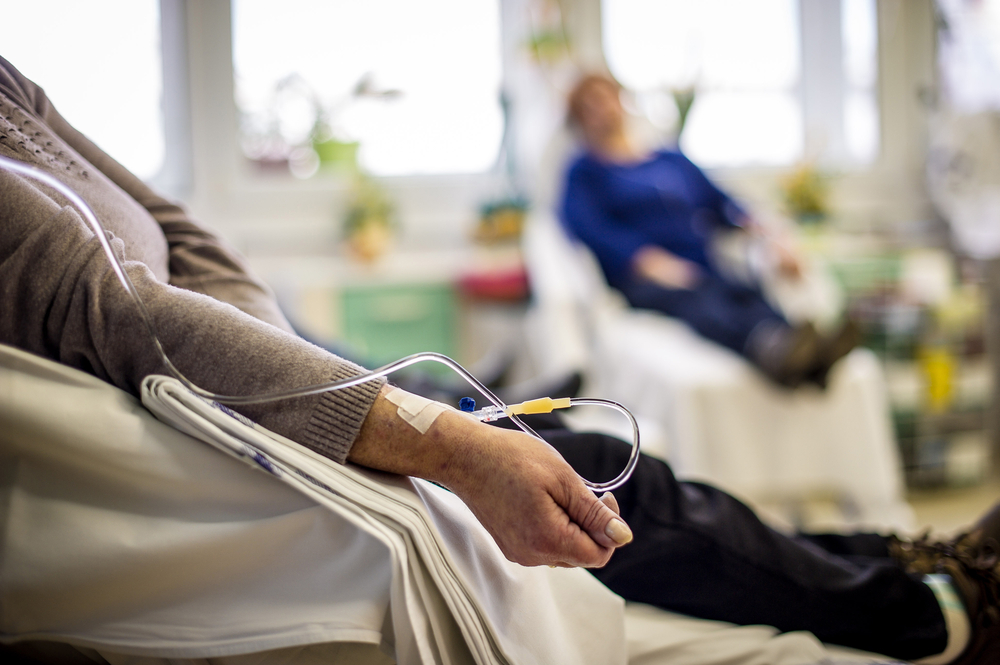In the days and weeks after the terrorist attacks on September 11, 2001, thousands of carcinogens and chemicals filled the air in lower Manhattan. As a result, many 9/11 responders and survivors who spent time in the NYC Exposure Zone developed various illnesses and cancers — among them, non-Hodgkin lymphoma. If you were diagnosed with this form of cancer and satisfy the eligibility criteria, you may be entitled to receive compensation from the September 11th Victim Compensation Fund.
What Is 9/11 Non-Hodgkin Lymphoma?
Non-Hodgkin Lymphoma is a form of cancer that originates in the lymph system — the body’s immune system. Specifically, it can start anywhere lymph tissues are found, including the lymph nodes, spleen, bone marrow, thymus, digestive tract, and tonsils. Tumors develop from a type of white blood cell and spread throughout the body in a non-orderly manner. This form of lymphoma is more common than Hodgkin lymphoma and can either be slow-growing or aggressive.
The disease is classified into over 60 different subtypes and can start in one of three major types of lymphocytes, including the following:
- B lymphocytes (B cells) — These cells produce antibodies that help to combat infections
- T lymphocytes (T cells) — T cells have several different functions, including assisting B cells with making antibodies
- Natural killer cells — These cells attack virus-infected or tumor cells
If non-Hodgkin lymphoma isn’t treated, the cancerous cells crowd out normal white cells, and the immune system will be unable to protect against infection. Depending upon the stage and type of lymphoma, treatment options may include chemotherapy, immunotherapy, radiation therapy, targeted drug therapy, stem cell transplant, and surgery.
VCF Compensation for Non-Hodgkin Lymphoma
Due to inhaling the cancer-causing dust that emanated from the debris at Ground Zero after the terrorist attacks, responders suffered a significantly higher rate of non-Hodgkin lymphoma than the general population. Critically, lymphoma is the third most common cancer suffered by 9/11 responders and the fifth most common type of cancer diagnosed in survivors. While the minimum latency period for lymphoproliferative cancers is 146 days, it can sometimes take years to develop.
The VCF recognizes the impact a diagnosis of non-Hodgkin lymphoma can have on a responder or survivor’s life and livelihood. It issues monetary awards for the economic and non-economic losses an eligible claimant suffered as a result of a 9/11 cancer such as non-Hodgkin lymphoma. A VCF award for economic loss can include compensation for loss of earnings, employment benefits, and out-of-pocket expenses incurred in connection with a 9/11 disease. A non-economic loss award is meant to provide monetary recovery for the pain and suffering a claimant experienced because of their 9/11-related condition.
Under the Zadroga Act, the maximum VCF award for non-economic loss for a cancer condition is $250,000. The amount awarded will depend upon the severity of the disease and how it affected the claimant’s daily life. Although the amount is specified by statute, the Special Master may exceed the statutory cap in limited cases — such as those involving more than one cancer condition.
Contact a New York City 9/11 Victim Compensation Fund Attorney
If you are a responder or survivor who was diagnosed with a 9/11 non-Hodgkin lymphoma, you may be able to recover compensation from the VCF. However, the VCF’s regulations can be complex and confusing to navigate. It’s crucial to have an experienced 9/11 Victim Compensation Fund attorney to help you navigate the process and ensure you obtain the maximum award to which you are entitled.
The 9/11 Victim Compensation Fund attorneys at The Dearie Law Firm, P.C. have represented claimants and their families in 9/11 VCF claims for over a decade. For a free consultation, contact us today.

